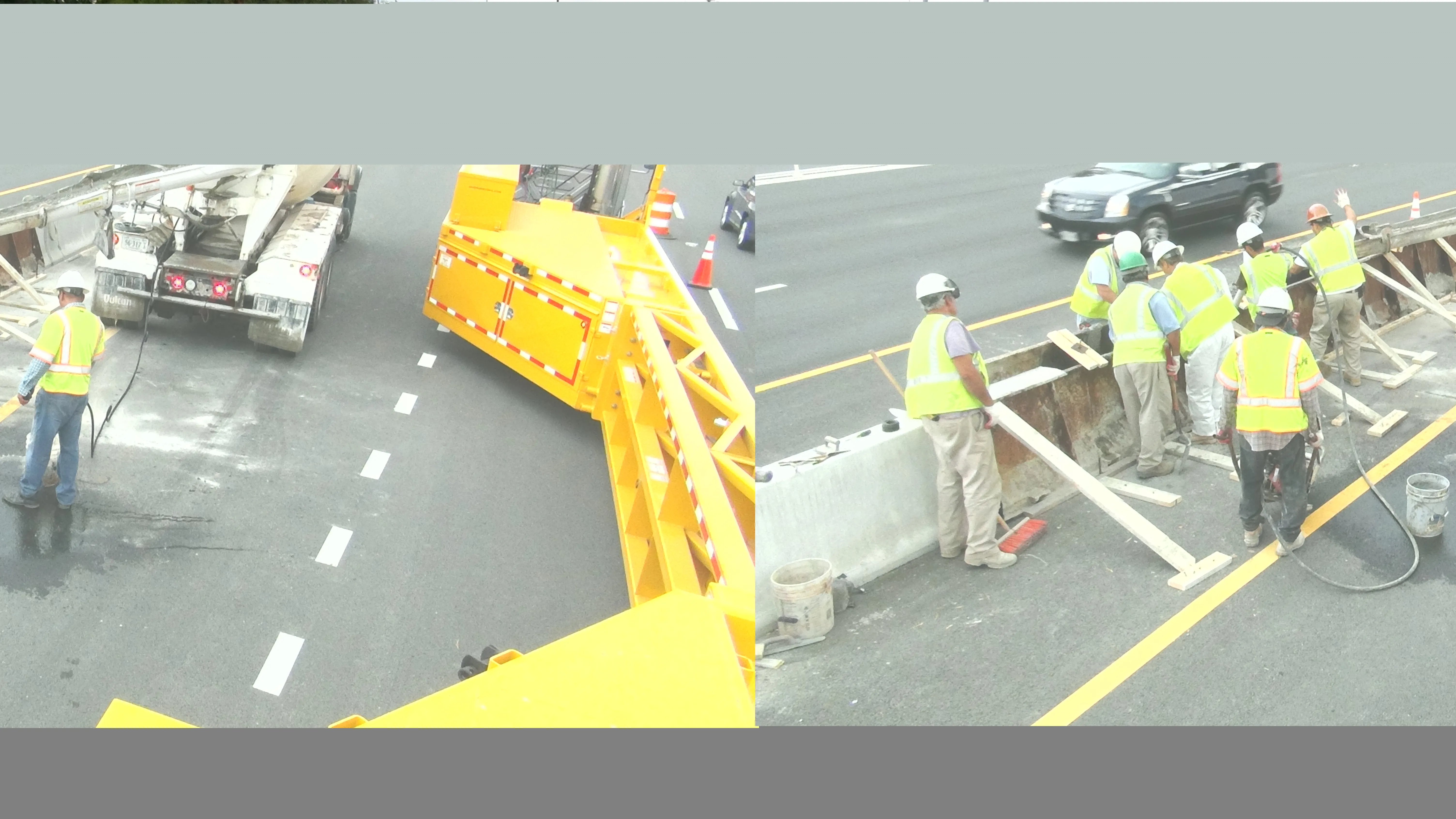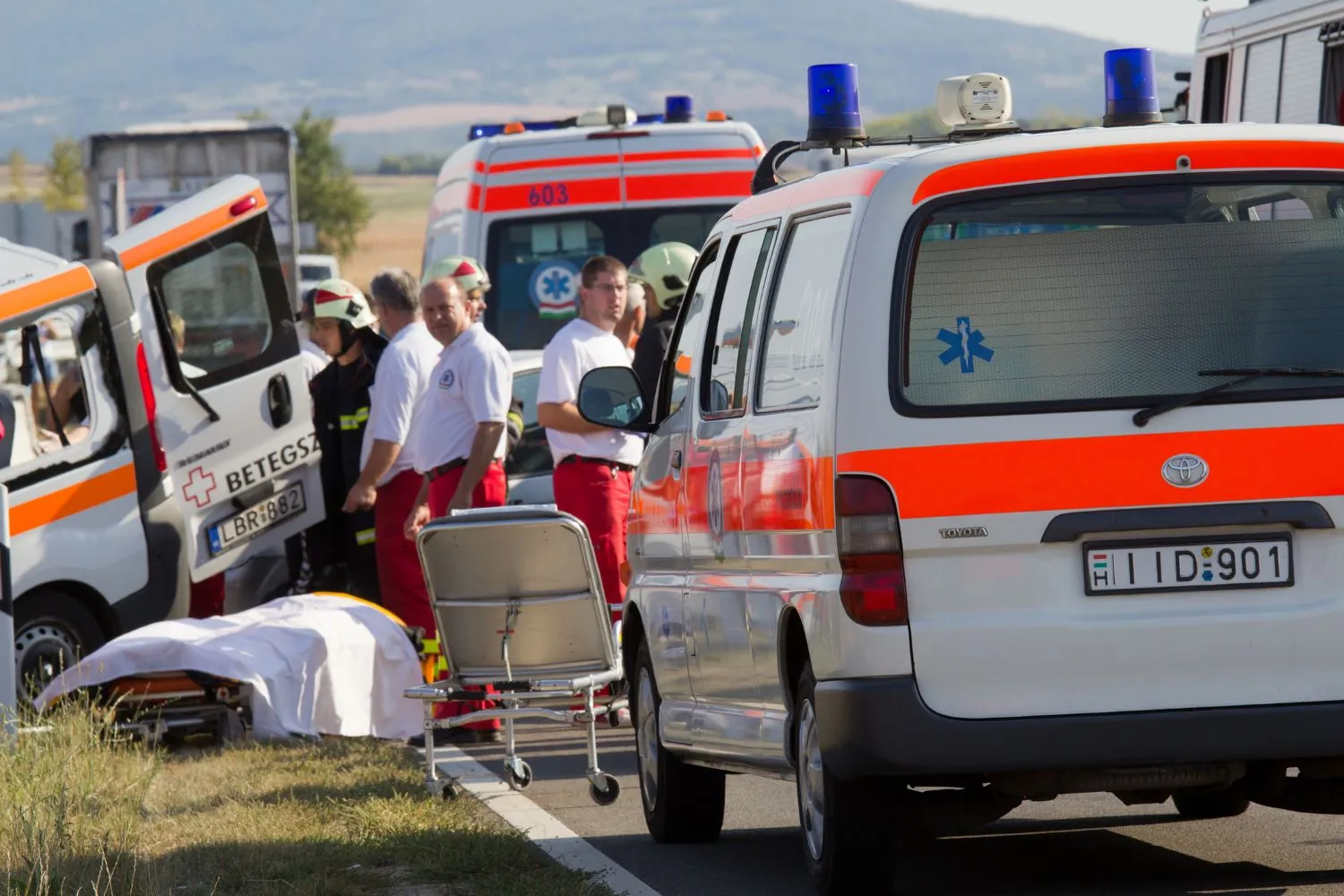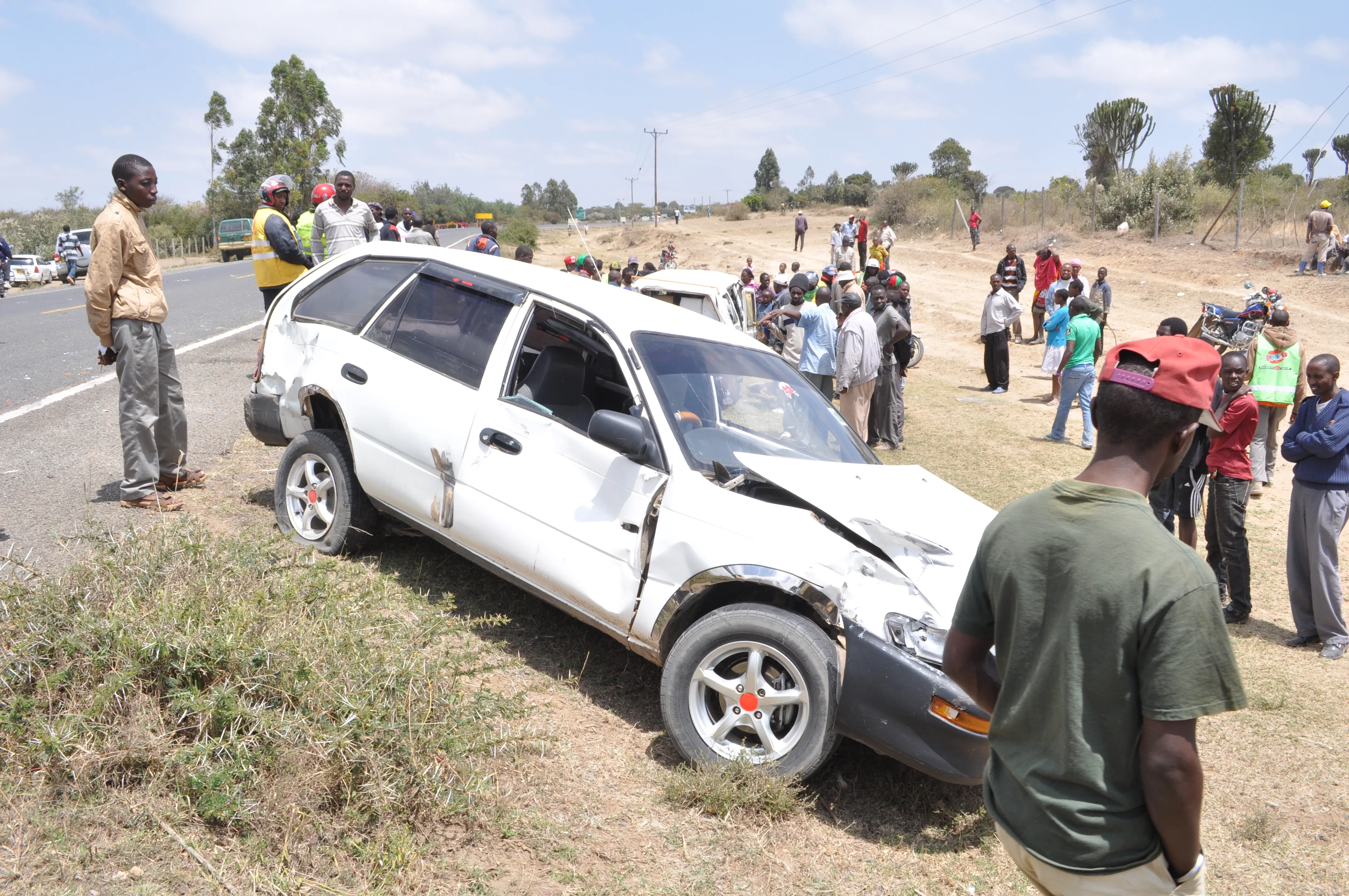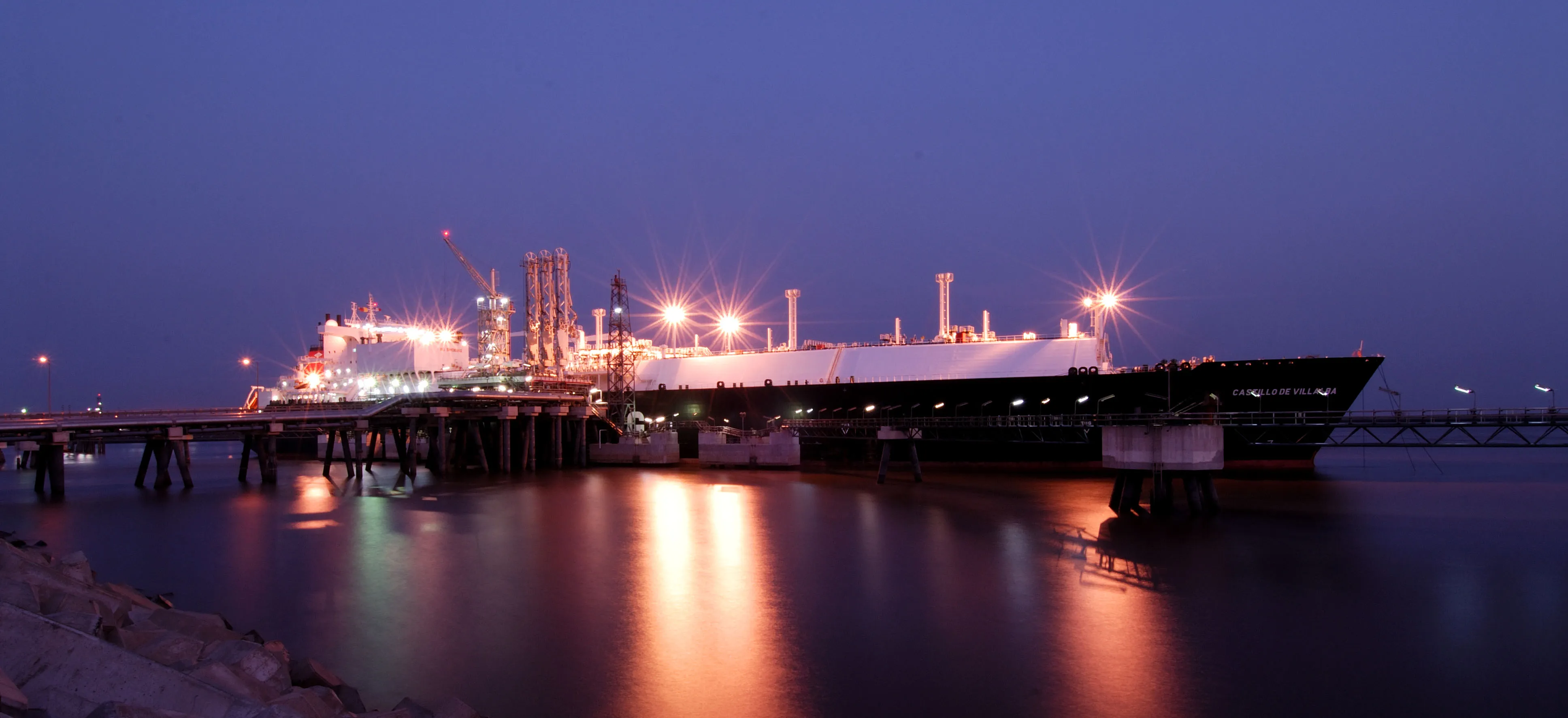
The
Preventive risk assessment measures, such as a road safety audit or inspection, carried out on new and existing roads offer a well-charted and cost-effective pathway to reducing road traffic injury risk. Yet, those countries with the fastest growth in motorisation and road construction are also those least likely to have established in-country professional qualification programmes delivered by accredited institutes. The IRF Global Credential Programme remedies this critical gap by offering a pathway for seasoned road safety auditors who wish to enhance their qualifications at home or seek work abroad.
Candidates are required to take an online knowledge qualifying exam and submit a comprehensive application presenting their professional track record and details of the projects they have audited in order to complete the programme. “The IRF has for many years been a leading global advocate for road safety, promoting best practices in safe road design and management through our advocacy work, knowledge-sharing programmes, and capacity-building initiatives,” said IRF president & CEO C Patrick Sankey. “Every day, our member organisations affect real change by designing solutions that help to protect people from death or injuries. The Global Credential Programme is a major advance that provides a common benchmark for safety professionals and road agencies around the world.”
“This initiative follows a long string of policy statements issued by the IRF since 2014,” said IRF chairman Eng Abdullah A Al-Mogbel. “Thanks to our collective advocacy effort, safety audits and other essential traffic safety safeguards are now being mainstreamed across a growing number of transport projects funded by multilateral institutions.”









